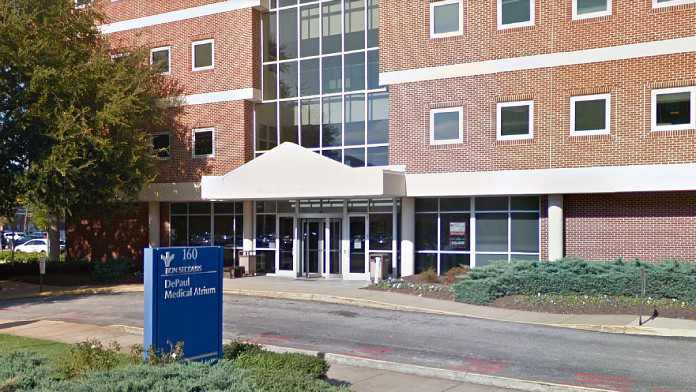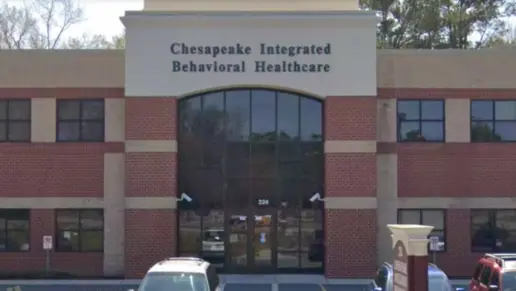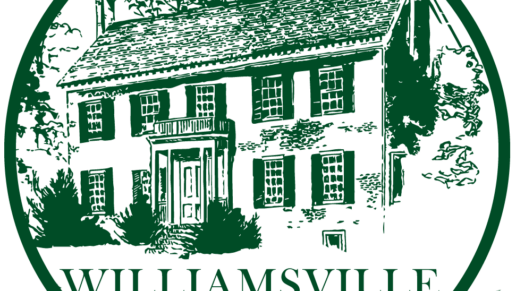About CleanSlate Outpatient Addiction Medicine
CleanSlate Outpatient Addiction Medicine Norfolk is an alcohol and drug rehab facility in Norfolk, Virginia. They provide outpatient addiction treatment and medication-assisted treatment (MAT) for adults.
CleanSlate Outpatient Addiction Medicine operated out of Norfolk, Virginia, a bustling waterfront city with strong ties to the U.S. Navy and hosting the world’s largest naval base. The outpatient clinic in Norfolk was a Veterans Administration addiction treatment center that offered telehealth treatment as well as in-person clinic visits. They’re currently closed.
They provided medication assisted treatment in their opioid and alcohol programs as part of your customized treatment plan. The care coordinators helped you access community resources, and treatment was led by physicians and licensed medical professionals.
The treatment model addressed addiction as a chronic brain disease using evidence based approaches to help you on your recovery journey. Their care model viewed addiction as a chronic disease that required evidence based treatment to achieve long-term remission. They had separate treatment programs to address opioid use dependency and alcohol use dependency using guidelines set by the American Society of Addiction Medicine.
In addition to substance abuse programs, CleanSlate had other programs that can supplement your recovery. You had access to translators, pregnancy programs, help for the hearing impaired, self-help programs, and programs to address the needs of the LGBTQ community.
When needed they provided community referrals for prevention and treatment of HIV, hepatitis C, and sexually transmitted infections. Care coordinators helped with transportation, housing, and insurance. They worked with the Drug Enforcement Agency to ensure strict protocols were in place to monitor medication, including urine analysis, medication count and tracking, and daily checks before your prescription was sent to the pharmacy. They used a customized model of care that included four steps of treatment.
Norfolk is located on the Chesapeake Bay. The downtown area features cultural landmarks and is a lively hub for dining and entertainment. The combination of Old Dominion University, coastal charm, military presence, and rich history has created an attractive and unique community.
The care coordinators helped work with your insurance company to ensure you received the necessary care and treatment. They accepted Medicare, Medicaid, and most commercial insurance plans.
Gallery

Location
Accepted Insurance
Other Forms of Payment
Private insurance refers to any kind of healthcare coverage that isn't from the state or federal government. This includes individual and family plans offered by an employer or purchased from the Insurance Marketplace. Every plan will have different requirements and out of pocket costs so be sure to get the full details before you start treatment.
Self-pay involves paying for treatment out of your own pocket. You can use savings or credit, get a personal loan, or receive help from family and friends to fund your treatment. If you don't have insurance or your insurance plan doesn't cover a specific program, self-pay can help ensure you still get the care you need.
Medicaid is a state based program that helps lower-income individuals and families pay for healthcare. Medicaid covers addiction treatment so those enrolled can use their coverage to pay for rehab. When a program accepts Medicaid the client often pays very little or nothing out of their own pocket.
Medicare is a federal program that provides health insurance for those 65 and older. It also serves people under 65 with chronic and disabling health challenges. To use Medicare for addiction treatment you need to find a program that accepts Medicare and is in network with your plan. Out of pocket costs and preauthorization requirements vary, so always check with your provider.
Military members, veterans, and eligible dependents have access to specific insurance programs that help them get the care they need. TRICARE and VA insurance can help you access low cost or no cost addiction and mental health treatment. Programs that accept military insurance often have targeted treatment focused on the unique challenges military members, veterans, and their families face.
Addiction Treatments
Levels of Care
Clinical Services
When men and women in Virginia participate in group therapy sessions, they learn to freely express their emotions in a non judgmental setting. This helps you process your feelings and begin to understand the link between your thoughts, feelings, and behaviors that are associated with addictive behavior.
Men and women in Virginia use individual therapy to focus on addiction related challenges as a necessary part of their drug and alcohol addiction treatment. Your therapist guides you in developing coping strategies, setting realistic goals, and building a strong foundation for an improved quality of life.
If you and your partner are facing challenges, couples therapy in Virginia is designed to help you work through those in a healthy way. Common challenges that couples therapy addresses include conflict resolution, financial disagreements, intimacy challenges, health issues, and substance abuse.
Family therapists work with all members of the family to understand the roles they play in the addiction dynamic. Addressing these patterns is crucial to developing healthier ways to interact and support each other, as well as contributing to a more effective recovery for their loved ones.
Amenities
-
Residential Setting
-
Private Rooms
Contact Information
160 Kingsley Ln
Suite 200
Norfolk, VA 23505






